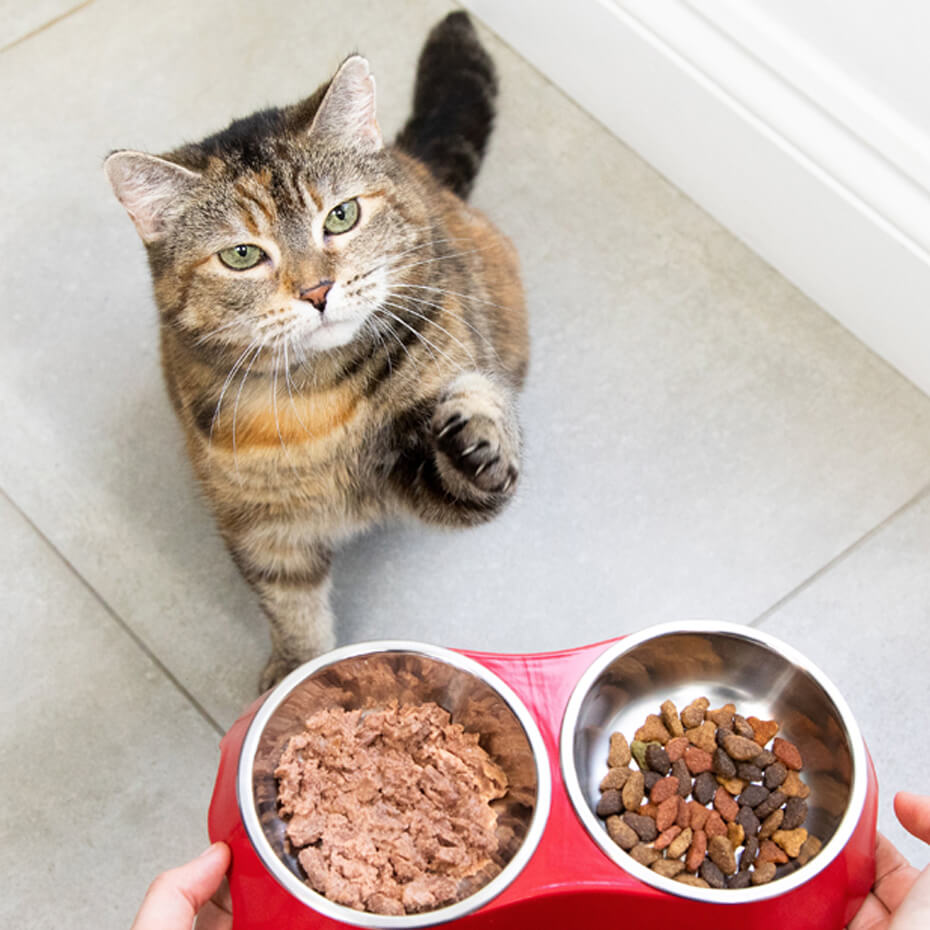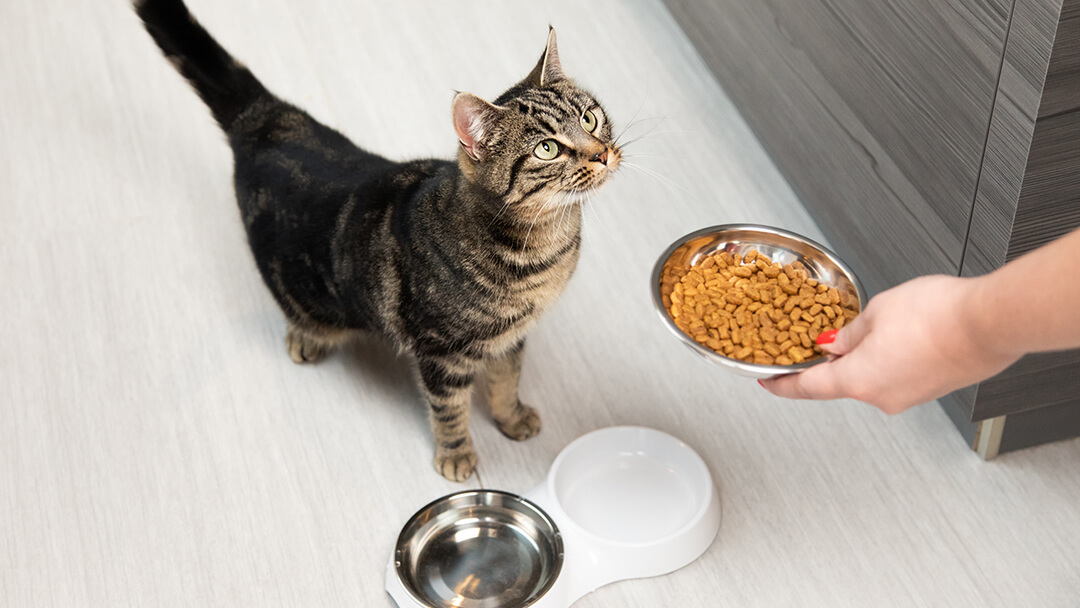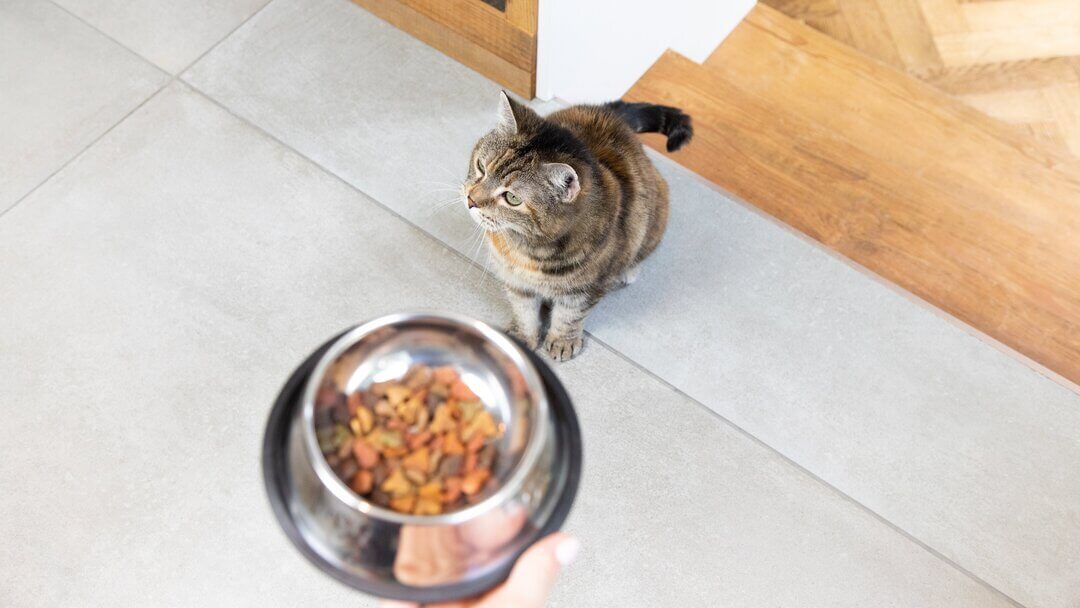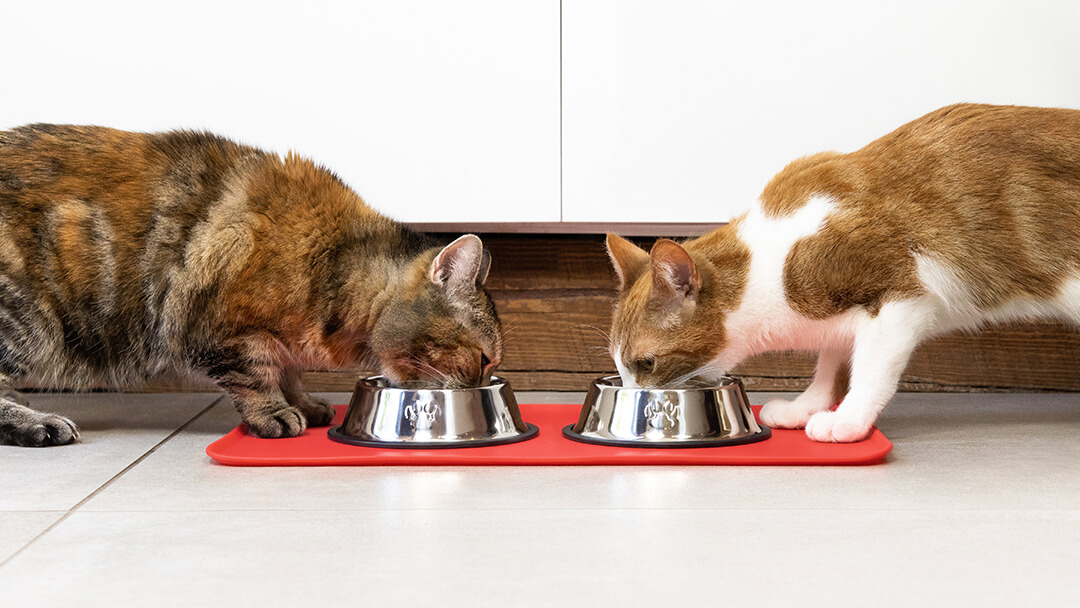
Prevention is always better than cure – and your cat’s health is no exception.
That means understanding what to look out for and conducting regular home check-ups. Every month you should examine your cat carefully for early signs of illness. Just remember that some cats are very good at hiding illness or pain, so you need to be vigilant. If you notice anything out of the ordinary, contact your vet.
HEALTH CHECK LIST
Body condition – you should just be able to feel, but not see, your cat’s ribs. Your cat should have a recognisable waistline and a distinct tummy tuck. Watch for signs of unusual weight loss or gain.
Ears – these should be clear of any thick brown or black wax and have no smell. For thinly-haired cats or cats with white-tipped ears, consider using sunscreen lotion to prevent sunburn (which in turn can lead to skin cancer).
Eyes – should be bright and clear, with no redness, discharge or apparent soreness. Your cat should not shy away from light as if it hurts the eyes.
Nose – your cat’s nose is usually soft and damp to the touch. Nostrils should be free of discharge or crusting.
Mouth – teeth should be white with no excess tartar, with pale pink or black gums. Look out for dropping food, excess salivation, clawing at the mouth or bad breath as a sign of dental problems.
Skin and coat – skin can be pink or black, depending on the pigments normally found in your cat’s skin. There should be no dandruff, fleas, bald patches or sores, and the coat should be thick and shiny, with no broken hairs.
Nails – should be smooth and, if you have an indoor cat, clipped regularly to prevent ingrowing.
Digestion – occasional vomiting of hair or grass can be normal. But persistent sickness or choking when eating should be checked out. Make sure your cat’s stools are normal in colour and consistency, with no diarrhoea or constipation. If you have any concerns contact your vet.
Thirst – healthy cats don’t appear to drink that much, particularly when they eat wet food due to its high moisture content. Outdoor cats will often find liquids away from home. But always have a large bowl of fresh, clean water available, and, in the case of any sharp increase in water intake, consult your vet.
Attitude – cats that feel unwell often shy away from human contact, or act aggressively. Keep a close eye on things, as cats are very good at hiding illness.
If you want more information contact the Purina Pet Care Advice team here for free advice.











